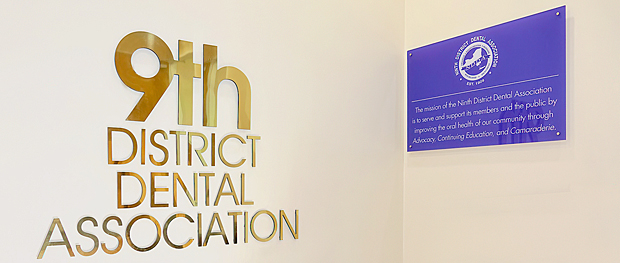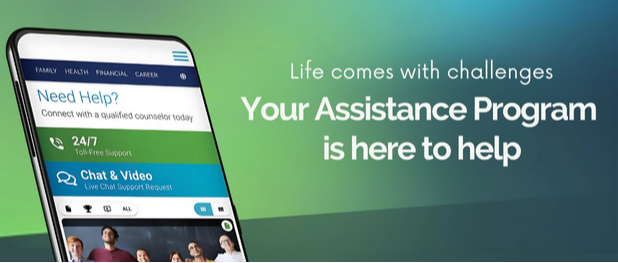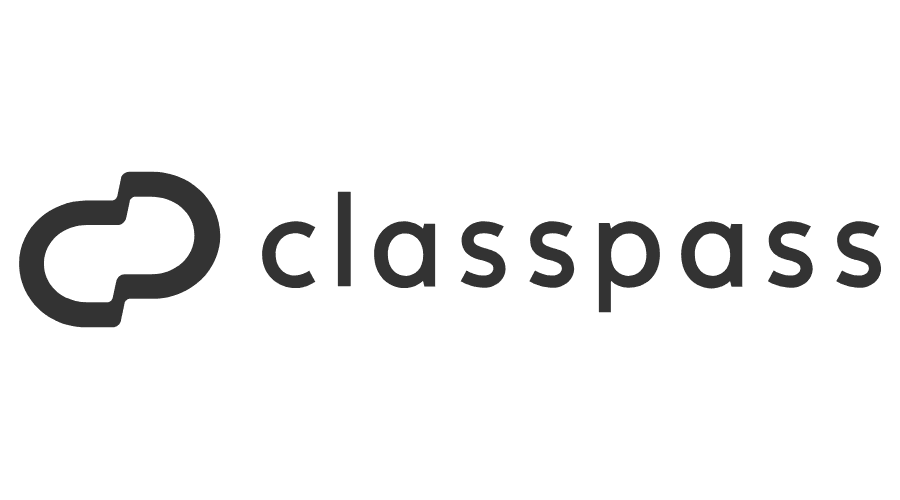EHC Program Issues Trauma Informed Care Review
Per the notice below, the Effective Health Care (EHC) Program has issued a review of the trauma informed care health care delivery model.
Trauma Informed Care: A Systematic Review
Systematic Review
- Executive Summary (PDF, 546 KB)
- Full Report (PDF, 2 MB)
- Evidence was insufficient to draw conclusions about the effects of Trauma Informed Care (TIC) in primary care or psychiatric hospitals for adult patients for any outcome.
- Evidence was insufficient to draw conclusions about the effects of TIC in any setting for children or youth patients/clients for any outcome.
- TIC models vary considerably in their socioecological components (cultural relevance, training, screening, system embedding) from youth to adult services across settings and disciplines. Current organizational and clinical components encompass a broad range of considerations with only some overlap within both the organizational and clinical domains.
- A few models of TIC had specific elements of cultural competence and/or humility (e.g., emphasizing a need to understand patient/client symptoms within the context of life experiences, culture, and historical issues).
Objectives. To examine how Trauma Informed Care (TIC) and its components are defined and operationalized, and to examine the state of the evidence on effectiveness and potential harms of TIC approaches, frameworks, models, and components.
Data sources. We searched Medline (Ovid)®, APA PsycInfo® (Ovid), CINAHL® (EBSCOHost), ERIC (EBSCOHost), and Scopus (Elsevier) for peer-reviewed articles published through July 19, 2024. Grey literature was also searched for Contextual Questions regarding TIC definitions and organizational and clinical components.
Review methods. We used methods consistent with the Agency for Healthcare Research and Quality’s Evidence-based Practice Center Program Methods Guide. We prepared the review protocol with input from Key Informants, Technical Experts, and a public comment period in April 2023. Using predefined criteria and dual review, we selected intervention studies that enrolled adult or pediatric patients/clients regardless of identified trauma exposure or type of trauma exposure in any healthcare or social service setting in any country. Eligible studies included randomized controlled trials and comparative nonrandomized studies of interventions. We assessed risk of bias and strength of evidence for a prespecified list of patient/client health related outcomes.
Results. From 4,379 unique references, we identified 12 eligible studies discussed in 16 publications. Study settings were varied: two studies in adult medical care settings, one in adult mental health service, one in primary prevention for children, one in adolescent medical care, four in residential child welfare, and three in non-residential child welfare. We did not combine data quantitatively due to variability of interventions. All studies were assessed as high risk of bias and evidence was insufficient to determine the effects of TIC on patient/client outcomes for all settings and comparisons. Studies did not collect information on harms, adverse events, or unintended consequences of TIC. TIC models vary considerably in their socioecological components from youth to adult services across settings and disciplines. There was a broad range of organizational and clinical components, with only some overlap within both organizational and clinical domains. A few TIC models described specific elements of cultural competency/humility.
Conclusions. Evidence was insufficient to make any clear determinations on the effectiveness of TIC approaches across any patient/client health related outcome, but this does not mean the individual interventions described are not potentially useful. Rather, it means the evidence does not yet provide clear answers. Still, TIC is being widely implemented, and research on its effectiveness and potential harms seems to be neither informing nor keeping pace with related areas (e.g., evidence-based trauma treatments) or practice/implementation.
This evidence review was funded by the Agency for Healthcare Research and Quality, U.S. Department of Health and Human Services, under contract no. 75Q80120D00008.
Nguyen-Feng VN, Ramirez M, Behrens KL, Usset T, Claussen AM, Parikh RR, Lee EK, Mendenhall T, Wilt TJ, Butler M. Trauma Informed Care: A Systematic Review. Systematic Review. (Prepared by the Minnesota Evidence-based Practice Center under Contract No. 75Q80120D00008.) AHRQ Publication No. 25-EHC007. Rockville, MD: Agency for Healthcare Research and Quality; January 2025. DOI: https://doi.org/10.23970/AHRQEPCSRTRAUMA. Posted final reports are located on the Effective Health Care Program search page.
Project Timeline
Trauma Informed Care
Mar 6, 2023: Topic Initiated
Oct 24, 2023: Research Protocol
Jan 14, 2025: Systematic Review
You Might Also Like
- Abstract Oct 16, 2024
- Research Protocol Jun 26, 2024
- Research Protocol Dec 08, 2023
- Research Protocol Sep 27, 2023
- Systematic Review May 31, 2022












.png?sfvrsn=4447de7f_1)















